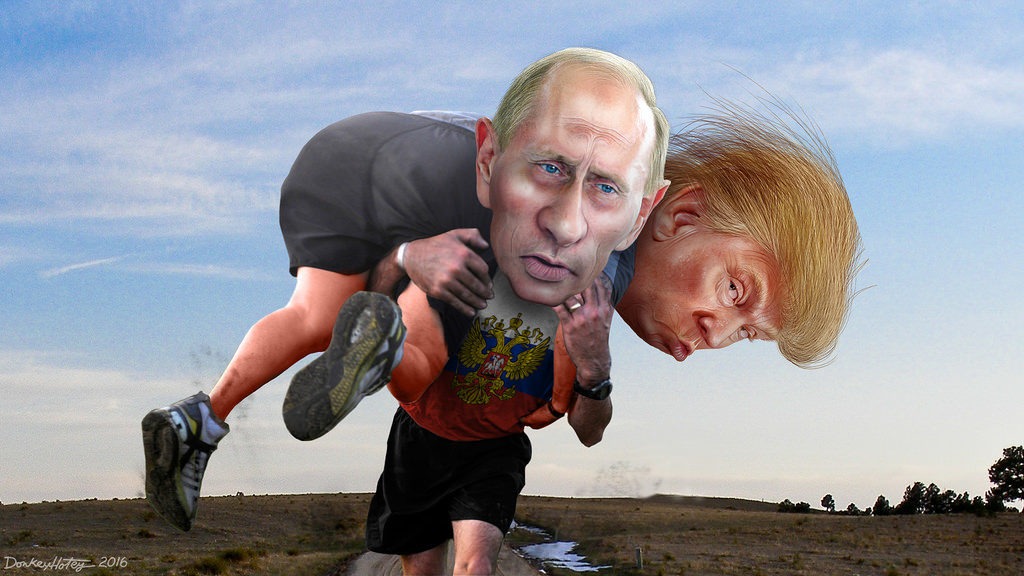Donald Trump digs an even deeper Russian sanctions hole

On March 15, 2015, President Obama declared a national emergency over Venezuela’s human rights violations (Executive Order 13692). He found that “the Government of Venezuela’s erosion of human rights guarantees, persecution of political opponents, curtailment of press freedoms, use of violence and human rights violations and abuses in response to antigovernment protests, and arbitrary arrest and detention of antigovernment protestors, as well as the exacerbating presence of significant public corruption, constitutes an unusual and extraordinary threat to the national security and foreign policy of the United States….”
This national emergency declaration, including sanctions against Venezuela, was renewed by President Obama in 2016 and 2017. In August, 2017 (Executive Order 13808), Donald Trump issued additional sanctions against Venezuela based on the 2015 national emergency notice. On March 2, 2018, Trump renewed the national emergency notice against Venezuela for 2018.
On March 19, 2018, he used this same national emergency to issue additional sanctions based on Venezuela’s plan to create a national crypto-currency. Apparently, he considers matters such as persecution of political opponents, curtailment of press freedoms, and use of violence and arbitrary arrests of antigovernment protestors as very serious matters that create a national emergency in America.
Speak the names “Alexsei Navalny, Alexander Litvinenko, Sergei Magnitsky and Sergei Skripal” aloud, then add. “US election interference and US infrastructure hacking”. Now reread the first paragraph, and substitute “Russia” for “Venezuela”, then ask yourself whether Russia qualifies for a declaration of national emergency, and the immediate imposition of additional heavy sanctions against Russia.
Bruce C. Cohen is an attorney and the author of Missouri Defendant’s Procedural Warfare Manual. He also writes fiction as Charlie Kenmore and Ken Charles.
